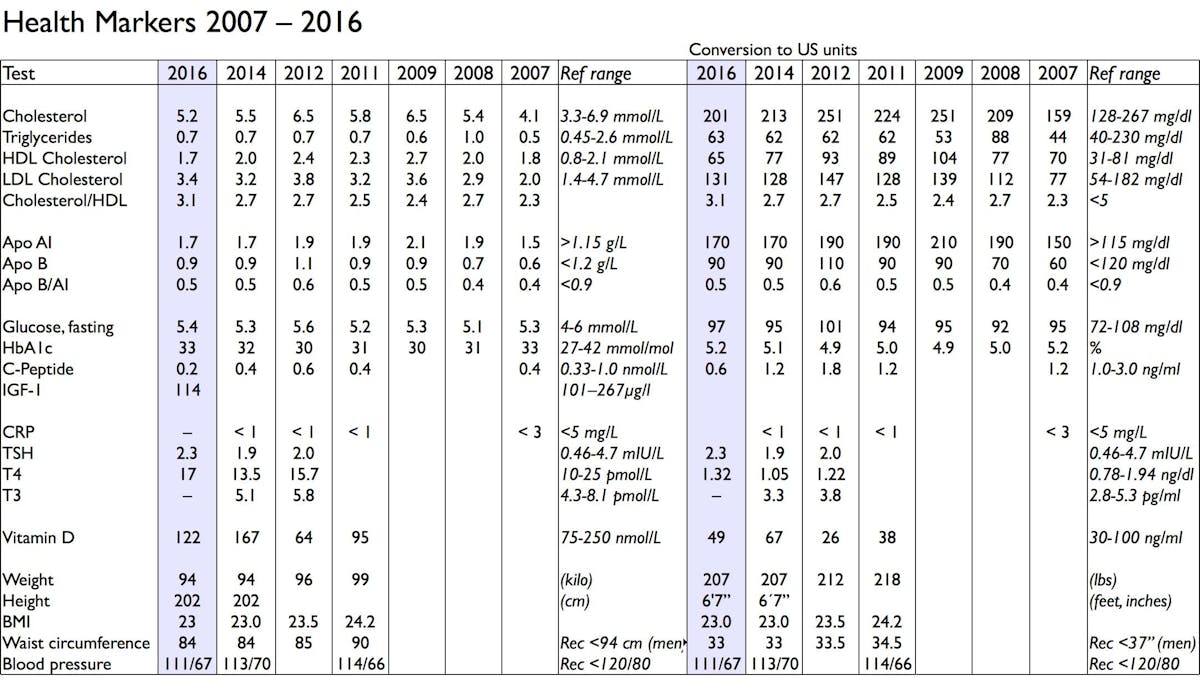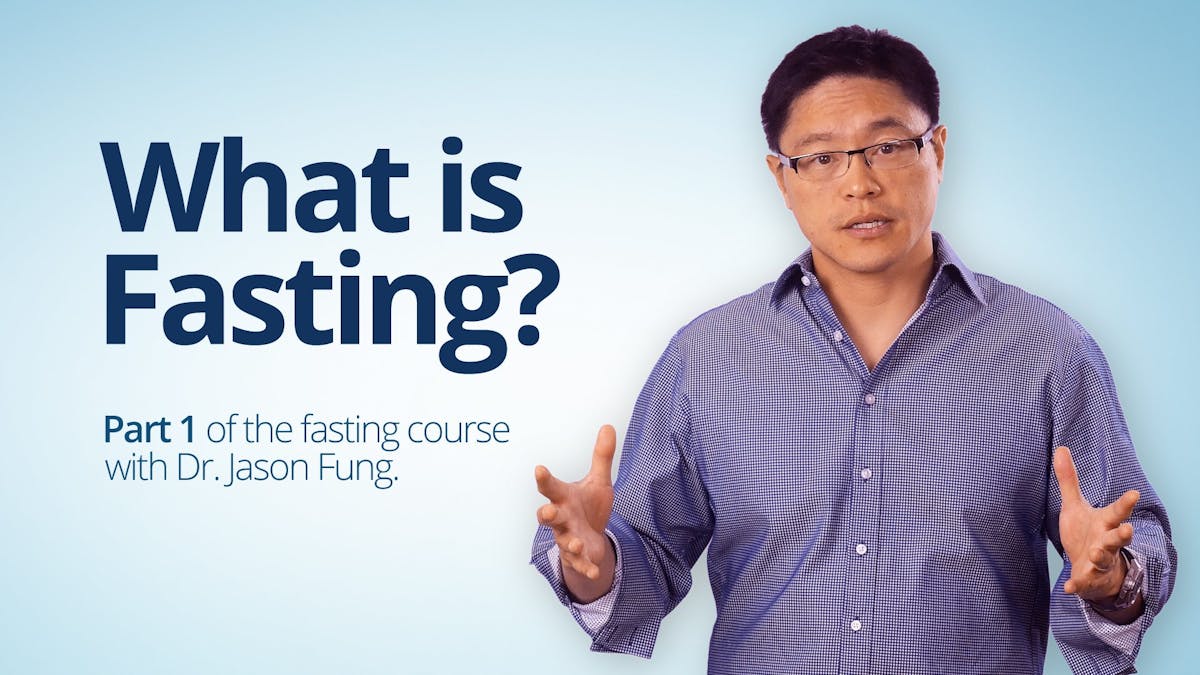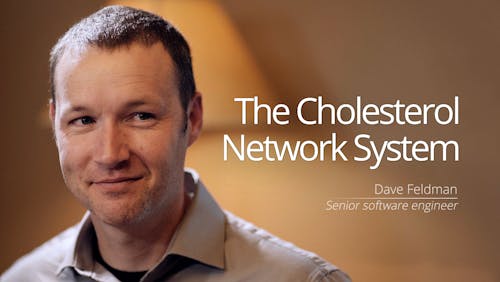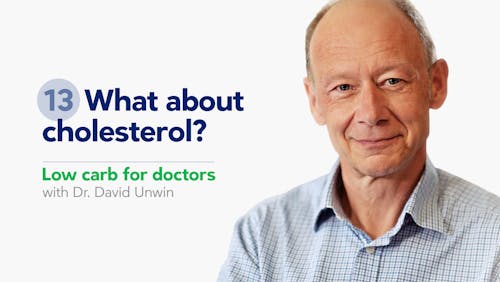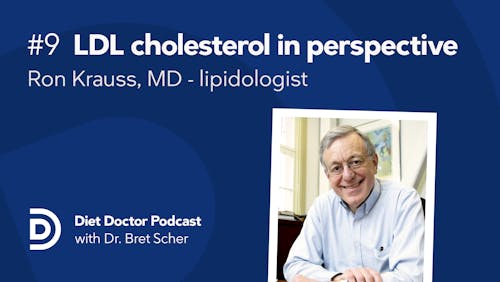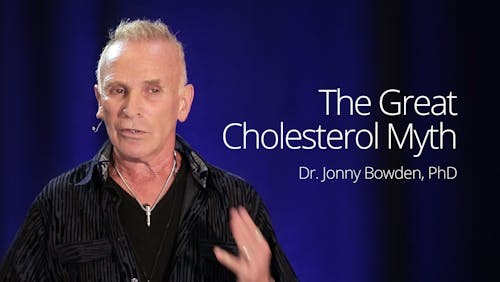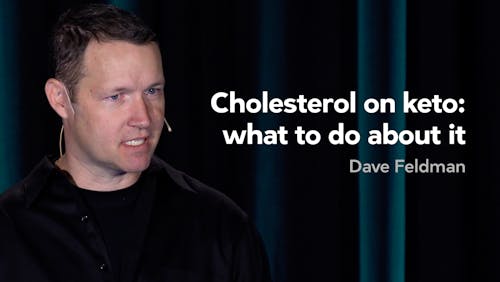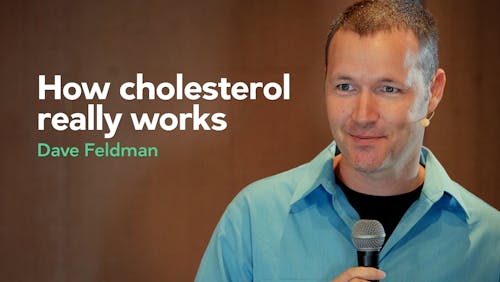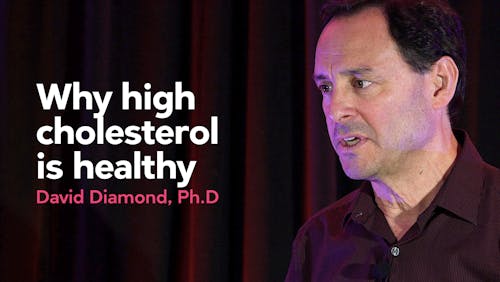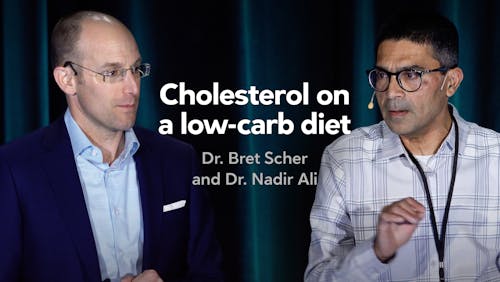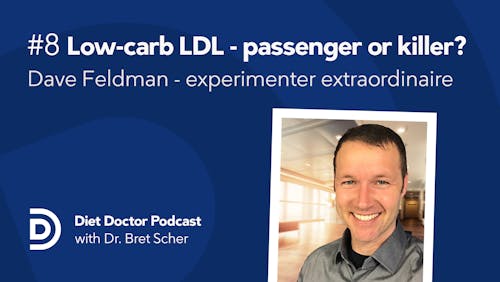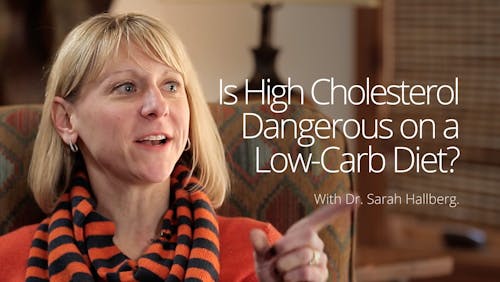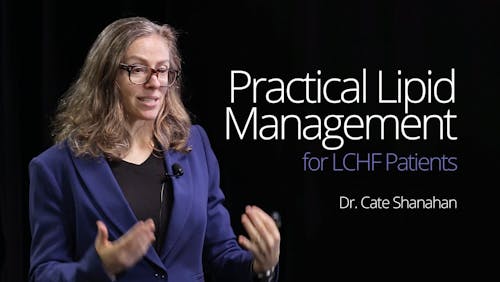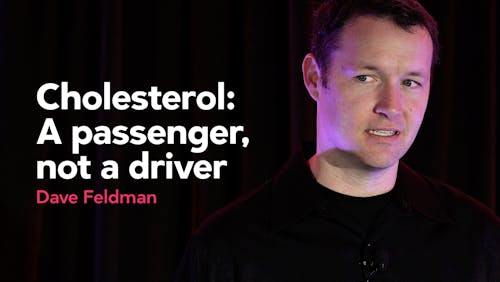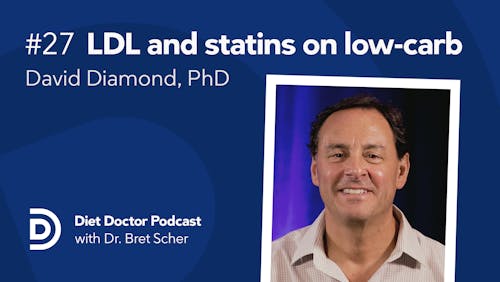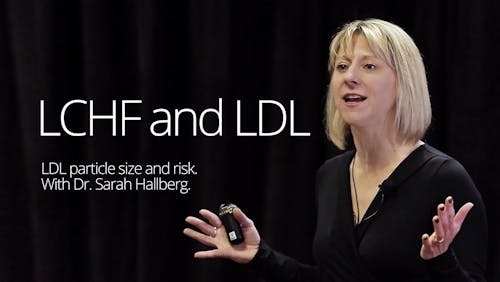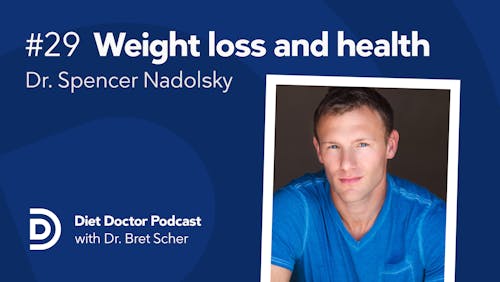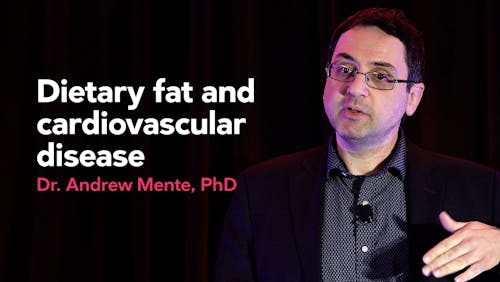My health markers after 10 years on a low-carb, high-fat diet

I should have been dead a long time ago, according to some people. But I feel as healthy as ever.
In 2006 I started eating an LCHF diet – low carb and high fat – in other words a keto diet. I’ve now been on it for ten years, so it was time for the big checkup.
What has happened to me during these years? Here are the results from my repeated blood work:
Background
I’m basically healthy. But as a 44-year old dad to two small children, with some sleep deprivation and little time for exercise, and who regularly works 60-hour weeks, this is probably the time when my health should start to fail.
If LCHF doesn’t save me.
I’ve eaten an LCHF diet for ten years, at times very strict, at other times less strict. Plenty of butter, eggs, meat and heavy cream – and vegetables.
For the last two years I’ve also done intermittent fasting, 16:8, on most weekdays (I skip breakfast). Very occasionally I also do one or two full days of fasting.
Results
Here’s a summary of my results.
Comment
The wild rumors about how dangerous LCHF is long term don’t get validated in my blood work. After ten years on LCHF they are excellent, just as when I started. There simply aren’t any big changes during these years.
Many things are typical and the trends are also confirmed in studies on low-carb diets:
- Low triglycerides (good)
- Excellent HDL cholesterol levels
- Nice ApoB/AI ratio
- A low fasting blood sugar and a low HbA1c (good)
- Very low insulin levels, measured as C-peptide (probably excellent)
- Low IGF-1 levels (probably great)
- A normal weight and a normal waist circumference
- A low normal blood pressure (excellent)
To summarize, all problems associated with the metabolic syndrome and type 2 diabetes usually improve on LCHF. Obesity, high blood pressure, high blood sugar, high insulin levels and dangerously abnormal cholesterol numbers (high triglycerides and low HDL).
My test results also show that the inflammatory level in my body – as measured CRP – is non-detectible on all test occasions.
With these results in mind the fantasy talk about long-term risks with LCHF doesn’t seem to be valid, at least not in my case. Perhaps you’ll have to put up with me for 50 more years.
Weight
I’ve kept my weight at a normal weight level effortlessly and without any calorie counting during these years. I’ve gone up and down a few pounds within the normal range.
During my experiment with a strict LCHF diet and ketone measuring, I lost 12 lbs./5 kg. They came back when I returned to liberal LCHF, but disappeared again when I added intermittent fasting.
My experience is that the latter is clearly the easier alternative. At least if you’re like me, and not that sensitive to carbohydrates. So I will continue with moderate or liberal LCHF with the addition of 16:8 on weekdays.
What do you think?
What has happened to your health markers on LCHF?
More
Previously
My health markers after eight years on LCHF
Great cholesterol numbers after 4 years on an ultra-strict LCHF diet
